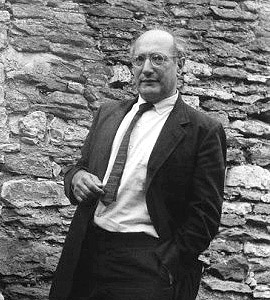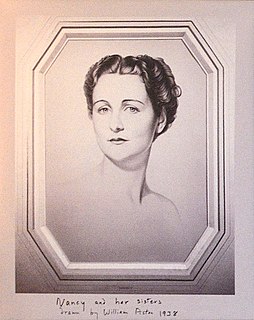A Quote by Akkineni Nagarjuna
The misery which follows pleasure is the pleasure which follows misery. The pleasure and misery of mankind revolve like a wheel.
Related Quotes
At the heart of our desires is eternal happiness without the slightest hint of misery. You could say that we are pleasure seekers; however, seeking pleasure from the objects of our five senses produces fleeting moments of pleasure whereas, pleasure of one's self, a soul, is eternal and ever-increasing pleasure.
There are three sorts of pleasures which are advantageous, and three which are injurious. Finding pleasure in the discriminating study of ceremonies and music, finding pleasure in discussing the good points in the conduct of others, and finding pleasure in having many wise friends, these are advantageous. But finding pleasure in profligate enjoyments, finding pleasure in idle gadding about, and finding pleasure in feasting, these are injurious.




































